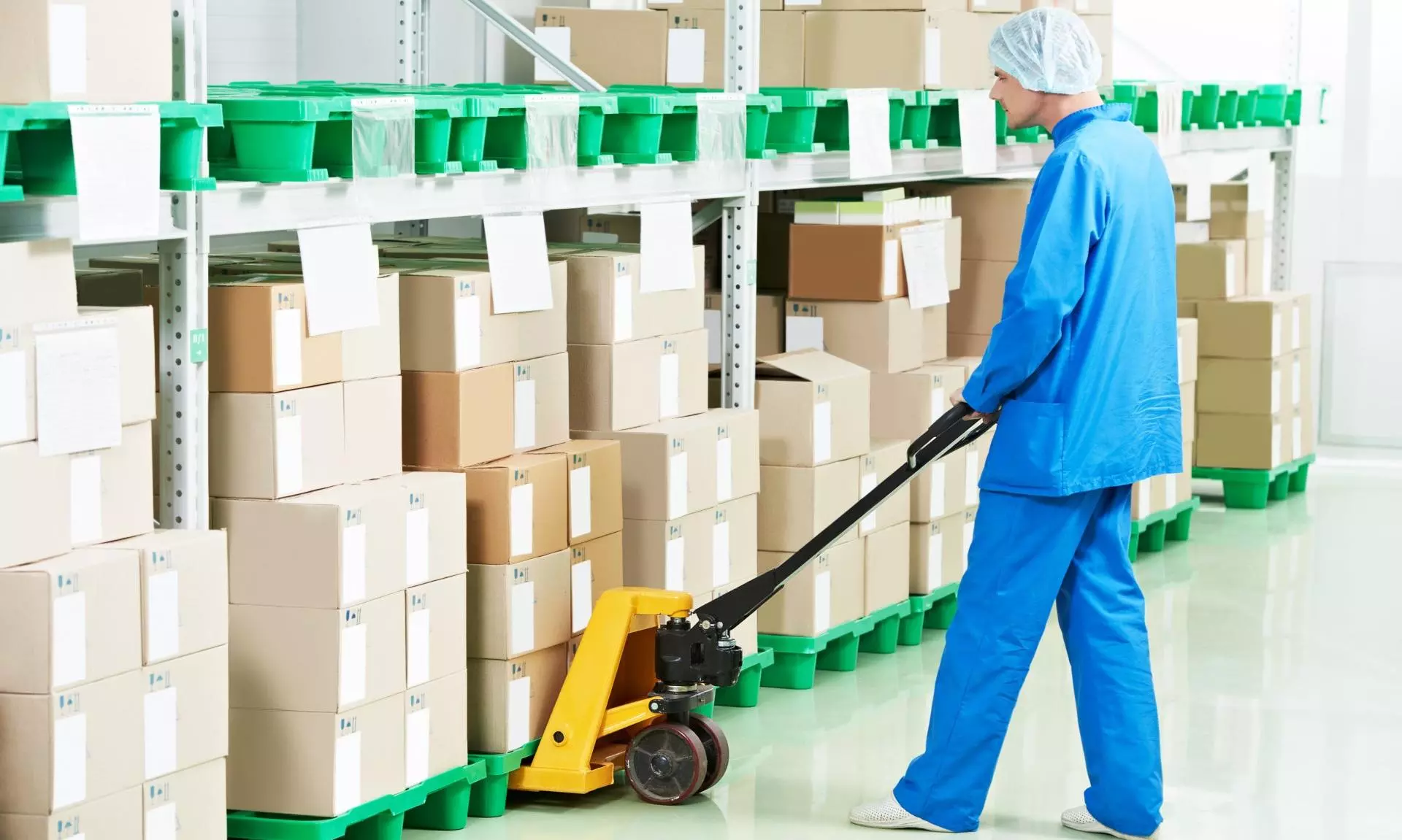Ensuring smooth pharma logistics with safety and compliance standards

In the intricate web of pharmaceutical logistics, where every link plays a crucial role in ensuring the safe delivery of life-saving medications, warehousing stands as the cornerstone. It's not merely about stacking boxes; it's about upholding stringent safety and compliance standards to guarantee the integrity of the supply chain. Let's delve into the vital aspects that underpin the smooth operations of pharmaceutical logistics through adherence to safety and compliance protocols in warehousing.
Regulatory compliance forms the backbone of pharmaceutical warehousing. Warehouses dealing with pharmaceuticals must adhere to a plethora of regulations set forth by regulatory bodies such as the FDA (Food and Drug Administration) in the United States or the EMA (European Medicines Agency) in Europe. These regulations encompass various aspects, including storage conditions, handling procedures, labeling requirements, and documentation practices. Ensuring compliance involves meticulous attention to detail at every stage. From maintaining appropriate temperature and humidity levels for storage to implementing robust inventory management systems, warehouses must leave no stone unturned in meeting regulatory expectations. Regular audits and inspections help in identifying any deviations from the standards, facilitating corrective actions promptly.
Quality assurance goes hand in hand with compliance in pharmaceutical warehousing. Each product that enters the warehouse undergoes rigorous quality checks to ascertain its authenticity and integrity. This involves verifying batch numbers, expiration dates, and packaging integrity to prevent the entry of counterfeit or compromised medications into the supply chain. Moreover, implementing Good Storage Practices (GSP) ensures that all processes within the warehouse adhere to predefined quality standards. Staff training plays a pivotal role in maintaining these standards, ensuring that every individual involved in warehouse operations understands their responsibilities in upholding quality and safety.
In an era dominated by technological advancements, warehouses cannot afford to lag behind. Leveraging state-of-the-art technologies such as WMS (warehouse Management system), RFID (Radio-Frequency Identification), IoT (Internet of Things), and temperature monitoring systems enhances efficiency while ensuring the traceability of products throughout the supply chain. These technologies provide real-time insights into crucial parameters like temperature, humidity, and location, enabling proactive measures to prevent potential deviations that could compromise product quality. Furthermore, the implementation of robust warehouse management systems (WMS) streamlines operations, optimizing inventory control, order processing, and shipment tracking. Data loggers installed within the precincts of warehouses ensure that temperature necessary for pharmaceutical product storage is maintained in warehouse.
While safeguarding product integrity remains paramount, ensuring the health and safety of warehouse personnel is equally crucial. Pharmaceutical warehouses often handle hazardous materials and operate heavy machinery, necessitating strict adherence to occupational health and safety protocols. Regular safety training, provision of personal protective equipment (PPE), and implementation of ergonomic practices mitigate the risk of workplace accidents and injuries. By prioritizing the well-being of employees, warehouses foster a culture of safety and accountability, thereby enhancing overall operational efficiency.
In the realm of pharmaceutical logistics, warehouses serve as the custodians of product integrity and safety. By adhering to stringent safety and compliance standards, warehouses play a pivotal role in ensuring the seamless flow of medications from manufacturer to end-user. Embracing technology, fostering a culture of quality assurance, and prioritizing occupational health and safety are imperative steps toward achieving excellence in pharmaceutical warehousing. As we navigate the complexities of the global supply chain, let us remain steadfast in our commitment to upholding the highest standards of safety and compliance, for the well-being of patients worldwide.
In the intricate web of pharmaceutical manufacturing, the role of a warehouse is pivotal and multifaceted. As the nexus between production and distribution, a well-organized warehouse ensures seamless supply chain operations, optimal inventory management, and regulatory compliance.
The role of warehouse in pharmaceutical industry acts as a guardian of product integrity, safeguarding against contamination, temperature excursions, and damage. An expertise in warehouse management systems and temperature monitoring technologies empowers pharmaceutical manufacturers to streamline operations, enhance product safety, and maintain regulatory standards.
The views and opinions expressed in this article are those of the author and do not necessarily reflect the views of Indian Transport & Logistics News.



